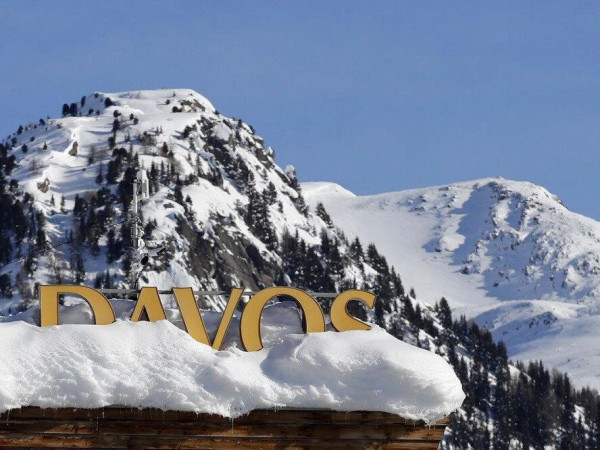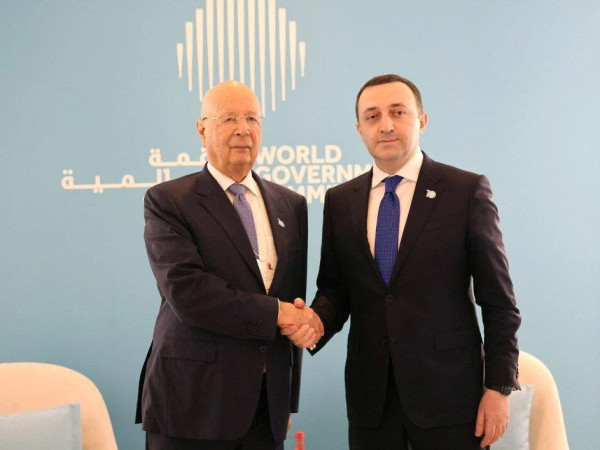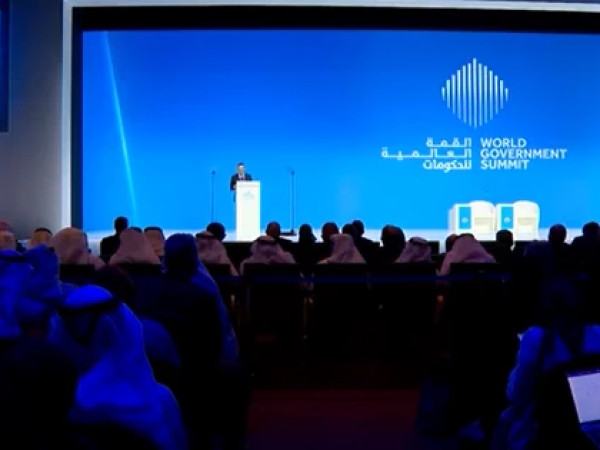The upheavals of 2020, triggered mostly but not only by the Covid-19 pandemic and the economic shutdown required to try to stop the spread of it, forced leaders to see their places in the economy and their organizations very differently, and to respond. Fast.
As that economic reconfiguration began, the brutal murder of George Floyd and other unarmed black people by police on camera mid-2020 forced leaders into a visceral experience of the racism that has plagued people of color every day worldwide for hundreds of years, and to reckon with how that racism plays out their own organizations.
This as the embers of the #MeToo movement still burn (and lawsuits keep coming), and women’s leadership becomes more valuable than ever.
Add the devastating impact of climate change from 2020’s wildfires and hurricanes that wiped out entire communities and livelihoods – and the disastrous management of the coronavirus pandemic by the country thought to be the global leader and “superpower,” the United States, fueled by blatant lies, and you have the ingredients for a new reality.
In this new reality, almost none of the existing policies and practices applied, because they were too slow, irrelevant or ineffective.
This tumultuous year also taught us of all – and especially the world’s leaders across sectors many of whom gathered virtually for the WEF 2021 for the first time – many lessons that we will need to both eliminate covid-19 and to emerge from it stronger and better.
Here are 9 lessons leaders learned from 2020 and Covid-19, so far, as reflected in WEF 2021
1. We can come together as a global community when the will is there. The massive and rapid global mobilization of resources toward one common goal – containing and eliminating the virus – proved that.
2. We are truly interdependent. Whether it is people, products, or supply chains, we intersect every which way, such that “we all rely on each other,” as Kathy Wengel, Executive Vice President and Chief Supply Chain Officer of Johnson & Johnson said on one WEF 2021 panel. So, an isolationist approach is a recipe for disaster.
3. New opportunities appear when you re-evaluate the validity of policies and practices. The economic reconfigurations caused by the pandemic shutdowns flipped corporate “must haves” previously perceived to be carved in stone on their heads.
The companies convinced they “had” to work in communal offices, did not have a choice but to discover how productive remote work can be. Leaders who believed that meetings absolutely “had” to be in person, were forced to learn how well and efficiently video technologies can replace those meetings – and how many new people they could meet that way too.
4. Companies are underutilizing the creative potential of their teams. When they needed to pivot to meet the country’s urgent need for equipment to help save lives, for example, employees and management teams found ways to rapidly redeploy their factories and raw materials to produce personal protective equipment (like masks or gowns or face shields), as well as ventilators and hand sanitizer. Breweries became hand sanitizer manufacturers. Automakers became ventilator producers. On.A.Dime.
5. Competitors can collaborate for mutual benefit. To collectively address covid-19, they shared data, raw materials, supply chains and even customers to meet the need to save as many lives as possible as fast as possible.
6. Environment matters – from the workplace, to the home, to the planet. Fighting an invisible killer in the air has a way of focusing us on what a safe workplace really means. In addition, the reduction in driving, flying, and travel by any means, as well as nearly empty office buildings, so vastly reduced greenhouse gas emissions, that we learned how pollution-free the air can be when we reinvent our systems.
“The climate and ecological crisis can unfortunately no longer be solved within today’s systems. According to the current best available science that is no longer an opinion; that’s a fact,” Greta Thunberg declared at WEF 2021.
7. Taking care of people and your community means more than a few perks or donations. Going through a massive global crisis all at once with everyone on the planet demonstrated how vulnerable all of us are.
It brought leaders face-to-face with the multi-dimensional needs of their teams, customers, suppliers and “essential workers” who have been keeping us alive and functional in hospitals, grocery stores, pharmacies, postal offices and transit systems, to name a few.
It woke up white male executives who had been dismissing the needs of their employees with childcare responsibilities (mostly female), for example, when these men had to manage their own small children in this crisis.
As Kristalina Georgieva, Managing Director of the International Monetary Fund (IMF) put it at WEF 2021, “We might be in the same storm, but we’re not in the same boat.” Leaders need to understand and respond accordingly.
8. Competence and transparency matter. Leaders, employees, suppliers, and residents – everyone – realized in 2020 how vital competent governance, transparency and accountability are to various aspects of a functioning society.
Without solid data and the truth, as well as competent management teams moving fast to establish and implement strategies to contain and eradicate the deadly virus, millions of people became severely ill, and hundreds of thousands died needlessly – and economies collapsed.
“It’s difficult to see if your actions are really making progress if you’re not tracking metrics,” Martine Ferland, CEO of global investment and consulting firm Mercer said on another WEF 2021 panel. This is true of all areas, not just covid-19, including climate change and equity.
9. Risk is redefined - Risk in the minds of leaders now includes invisible risks to the well-being of their teams, from mental health to health insurance to their physical workplace to harassment and unequal opportunity.
Risk now includes climate risks, to their operations, buildings, supply chains and people. Risk now means those associated with non-disclosure; whatever you aren’t telling us may be something that puts your business, people, community or financial well-being at risk.
Summing up these lessons from the ravages of 2020 is this simple sentence with so many dimensions from New Zealand Prime Minister Jacinda Ardern in a video at the Forum: “It’s not just growth for growth sake, but how we share that prosperity.”
Source: Forbes















